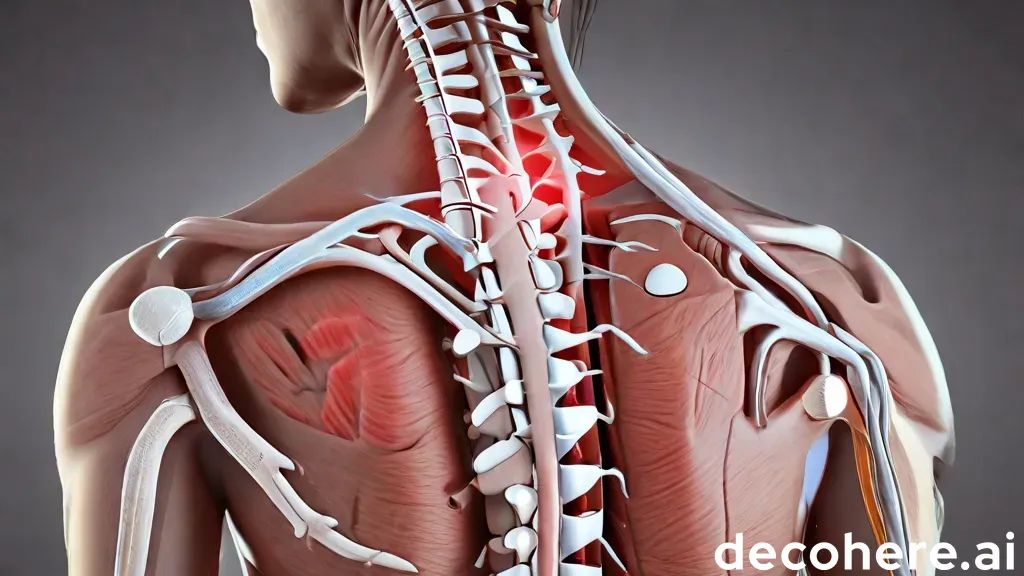Central neuropathic pain is a type of chronic pain that occurs due to damage or dysfunction of the central nervous system, including the brain and spinal cord. Pregabalin 150 mg capsules are a medication that the FDA has approved for the treatment of central neuropathic pain. In this article, we will discuss the use of pregabalin 150 mg capsules in the treatment of central neuropathic pain, including their efficacy, dosage, side effects, and interactions.
What is Central Neuropathic Pain?
Central neuropathic pain is a type of chronic pain that occurs due to damage or dysfunction of the central nervous system, including the brain and spinal cord. It can be caused by a variety of conditions, including multiple sclerosis, spinal cord injury, and stroke. Central neuropathic pain is characterized by burning, shooting, or stabbing pain, as well as numbness, tingling, and sensitivity to touch.
How Does Pregabalin 150 mg Work in Central Neuropathic Pain Relief?
Pregabalin 150mg works by binding to a specific receptor in the brain, called the alpha2-delta subunit of voltage-gated calcium channels, which helps to reduce the release of pain-causing neurotransmitters. This leads to a decrease in the transmission of pain signals to the brain, resulting in a reduction in pain intensity.
Efficacy of Pregabalin 150 mg in Central Neuropathic Pain Relief
Several studies have shown that pregabalin 150 mg is effective in reducing the symptoms of central neuropathic pain, including pain intensity and sleep disturbances. In one study, pregabalin 150 mg was shown to reduce pain intensity by 30% compared to placebo. Another study found that pregabalin 150 mg improved sleep quality and reduced fatigue in patients with central neuropathic pain.
Dosage of Pregabalin 150 mg for Central Neuropathic Pain Relief
The dosage of pregabalin 150 mg for central neuropathic pain relief varies depending on the patient’s response to the medication. The usual starting dose is 150 mg per day, taken in divided doses. The maximum dose is 600 mg per day.
Side Effects of Pregabalin 150 mg in Central Neuropathic Pain Relief
Pregabalin 150 mg can cause several side effects, including:
- Dizziness
- Drowsiness
- Headache
- Nausea
- Vomiting
- Diarrhea
- Constipation
- Fatigue
- Weight gain
- Increased appetite
Interactions of Pregabalin 150 mg with Other Medications
Pregabalin 150 mg can interact with several medications, including:
- Opioid pain medications
- Benzodiazepines
- Barbiturates
- Antihistamines
- Muscle relaxants
Contraindications and Warnings
Pregabalin 150 mg is contraindicated in patients with a history of angioedema, a severe allergic reaction. It is also contraindicated in patients with a history of suicidal thoughts or behaviors.
Pregnancy and Breastfeeding
Pregabalin 150 mg can harm an unborn baby. Women who are pregnant or planning to become pregnant should not take pregabalin 150 mg without consulting their doctor. Pregabalin 150 mg can also pass into breast milk and may harm a nursing baby.
Storage and Disposal
Pregabalin 150 mg should be stored at room temperature, away from moisture and heat. They should be kept out of reach of children and pets.
Central Neuropathic Pain Treatment Options
In addition to pregabalin 150 mg, there are several other treatment options available for central neuropathic pain, including:
- Medications such as gabapentin and amitriptyline
- Physical therapy
- Occupational therapy
- Cognitive-behavioral therapy
- Alternative therapies such as acupuncture and massage
Lifestyle Changes for Central Neuropathic Pain Management
In addition to medication and therapy, several lifestyle changes can help manage central neuropathic pain symptoms, including:
- Getting regular exercise
- Practicing stress-reducing techniques such as meditation and yoga
- Getting enough sleep
- Eating a healthy diet
- Avoiding triggers such as stress and certain foods
Conclusion
Pregabalin 150 mg capsules are a medication that the FDA has approved for the treatment of central neuropathic pain. They work by reducing the abnormal electrical activity in the brain that causes pain and other symptoms of central neuropathic pain. While they can cause several side effects and interact with other medications, they are an effective treatment option for patients with central neuropathic pain.
Visit: pain relief


